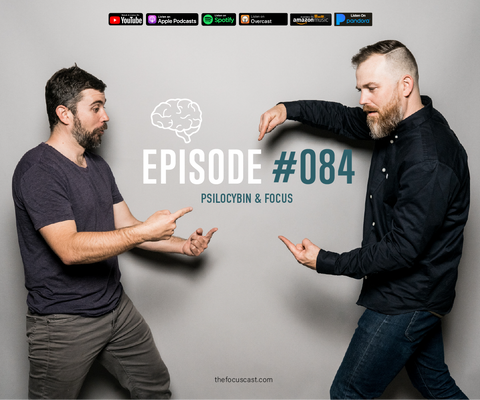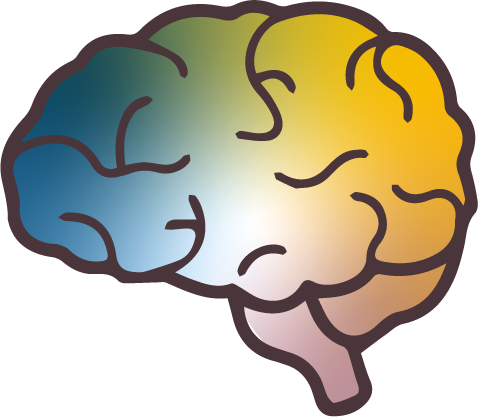
#84 Psilocybin & Focus
Roland Griffith is a PhD and the founding director of the Center for Psychedelic and Consciousness Research at Johns Hopkins University. Yep, and we are talking about the psychedelic psilocybin today. What is it, current research and benefits and what Steve Jobs and Mike Tyson has to say about it.
00:00
00:34 Music Intro
01:10 What is Psilocybin
02:10 Current Research on Psilocybin
06:25 Psilocybin and PTSD
13:39 Mood Enhancement
26:01 Celebrity Quotes on Psilocybin
Watch:
Listen:
What is Psilocybin?
- Psilocybin is a psychedelic compound found in certain species of mushrooms. It is chemically classified as a tryptamine and belongs to the group of drugs known as hallucinogens or psychedelics.
- When consumed, psilocybin is converted into psilocin in the body, which acts as a serotonin receptor agonist. Serotonin is a neurotransmitter that plays a role in regulating mood, perception, and cognition.
Current Research of Psilocybin Johns Hopkins University
- Psilocybin and Cancer Anxiety: can significantly reduce anxiety and depression in individuals with life-threatening cancer.
- Mystical Experience and Psychological Benefits: lead to lasting positive changes in attitudes, behaviors, and well-being, including increased life satisfaction, personal meaning, and spirituality.
- Safety and Long-Term Effects: limited adverse effects and lasting benefits.
In working with PTSD patients
- Enhanced Psychotherapy Effectiveness by reducing symptoms and improving mood and well-being
- Neurobiological Effects: Research suggests that psilocybin may modulate brain networks involved in fear processing, emotional regulation, and memory consolidation, which could contribute to the therapeutic effects observed in individuals with PTSD.
-
Modulate brain networks
- “Modulate" refers to the process of altering or influencing the activity of certain brain regions, neural pathways, or neurotransmitter systems.
- It disrupts the normal patterns of brain activity and communication, leading to the characteristic alterations in consciousness, perception, and thought processes associated with the psychedelic experience.
Other Benefits
- Altered states of consciousness: Leading to experiences such as ego dissolution, increased introspection, and a sense of connectedness.
- Enhanced creativity and divergent thinking.
- Mood enhancement: Shown to have antidepressant properties, with studies suggesting that it may alleviate symptoms of depression, anxiety, and mood disorders.
- Neuroplasticity: Promote neuroplasticity—the brain's ability to reorganize and form new connections.
- Reduced fear and anxiety: Decrease fear and anxiety responses. It can modulate the amygdala, leading to reduced fear responses and increased emotional resilience.
- Enhanced connectedness and empathy: Promote a sense of connectedness, both with oneself and with others. It can foster feelings of empathy, compassion, and social connectedness.
QUOTES
- “Taking psychedelics was a profound experience, one of the most important things in my life. Psychedelics show you that there’s another side to the coin, and you can’t remember it when it wears off, but you know it. It reinforced my sense of what was important –creating great things instead of making money, putting things back into the stream of history and of human consciousness as much as I could.” —Steve Jobs
- “Everyone thought I was crazy, I bit this guy’s ear off…I did all this stuff, and once I got introduced to the shrooms … my whole life changed. To think where I was – almost suicidal – to

Comments (0)
There are no comments for this article. Be the first one to leave a message!